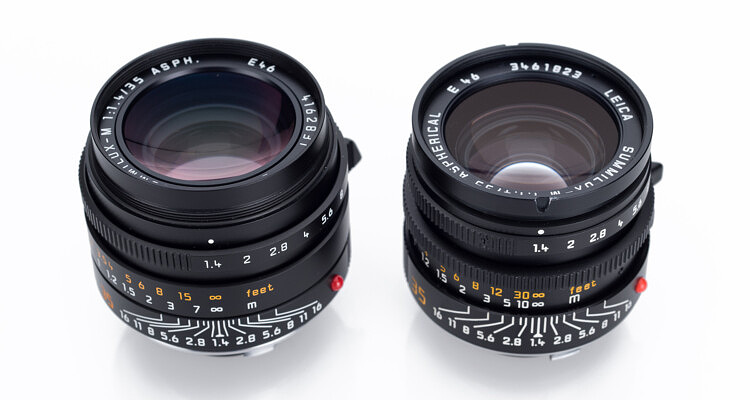
By Josh Lehrer, LeicaStore Miami
“OK, now I am going to
remove the 35mm f/1.4 Summilux Aspherical and put on the 35mm f/1.4 Summilux
FLE ASPH.” Not a sentence that I speak frequently, however thanks to the
generosity of a few friends of ours, I was able to compare these two iconic
Leica lenses. The Leica Summilux-M 35mm f/1.4 Aspherical is one of the rarest
and most expensive Leica lenses to date, less than 1,000 were made. This lens
is sometimes known as the “AA” or “double aspherical” due to it having two
aspherical glass elements. Fast-forward 18 years and today we have the Leica
Summilux-M 35mm f/1.4 ASPH FLE, showcasing the latest in Leica optical design
with both aspherical and floating elements to minimize aberrations and focus
shifting.
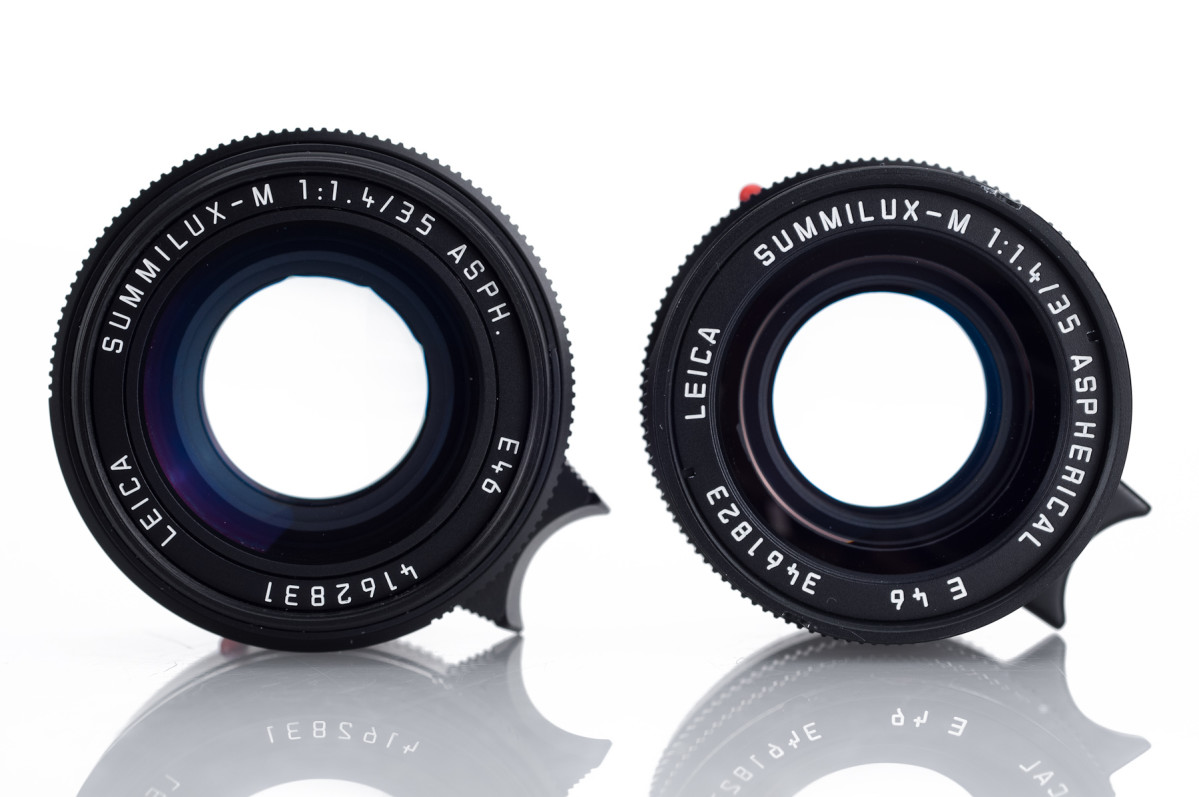
Due to the elaborate and
expensive nature of producing a lens with two aspherical elements, Leica was
forced to limit production of the lens, giving it a modern-day “cult” status.
However, this is not just a lens for collectors; it is prized not only for its
rarity but for its unique rendering of images. Naturally, when I was given the
opportunity to shoot with this lens on an M9, I could not pass it up. The most
frequently asked question I get about this lens is how it compares to the
modern version with the floating element, so I knew a comparison was in order.
After securing a loaner copy of the modern lens, I made a quick trip to the
beach to take a few shots.
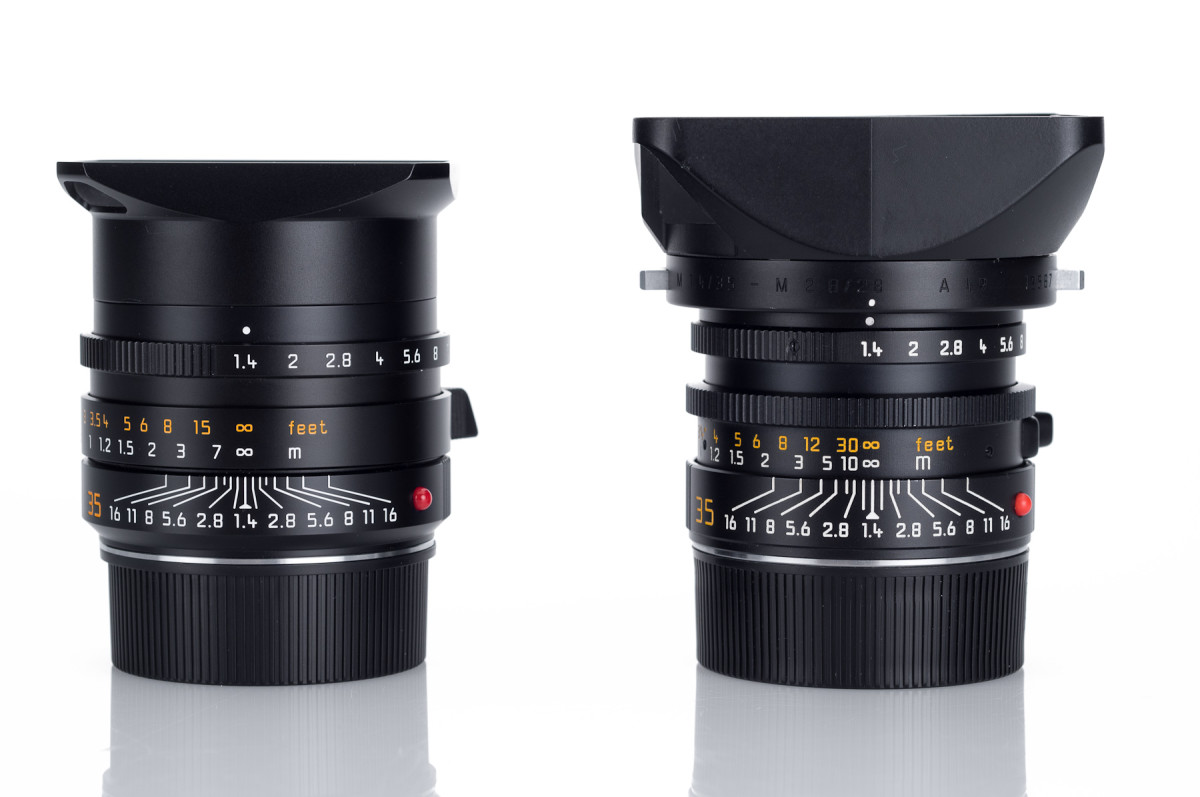
On the left, the modern Leica Leica Summilux-M
35mm f/1.4 ASPH FLE. On the right is the Leica Summilux-M 35mm f/1.4 Aspherical.
What strikes me the most
is not how different these lenses are, but how many similarities they share.
Their size is nearly identical. The newer 35mm uses a smaller, screw on metal
hood compared to the plastic, clip-on hood of the older lens and also has a
larger focusing tab. I found both lenses very easy to focus and work with; I
had a hard time remembering which lens I had attached without checking. While
the particular lens I had was not 6-bit coded, the M9 has this lens (product
code 11873) in its database, so I was able to select it manually from the menu
(which I only did for the last image, as I was most interested in the lens’
natural rendering). To see the full size image, simply click on the picture and
an uncropped, full resolution file is available to view and download.

Leica M9 with Leica 35mm
f/1.4 Summilux Aspherical, ISO160, 1/25 at f/1.4. In this image the lens shows
some vignetting, as I did not select it from the M9’s menu and elected to have
the lens’ true character be shown.

Leica M9 with Leica
Summilux-M 35mm f/1.4 ASPH FLE, ISO160, 1/25 at f/1.4. This lens was six bit
coded and identified as such in the Leica M9's menu.
After shooting with both
lenses, I found myself intrigued by the qualities that the older, double
aspherical lens exhibited. While not as “technically” perfect, I found it had
LESS chromatic aberration at f/1.4 than the modern lens, and had a “dreamier”
way of rendering out of focus areas. It is not as sharp near the edges as the
FLE lens and has slightly less contrast, as one would expect from a film-era
lens. Using Adobe Lightroom 4 I was able to remove almost all offending
chromatic aberration and equalize the contrast, now I was able to study the way
that each lens rendered tones and bokeh.
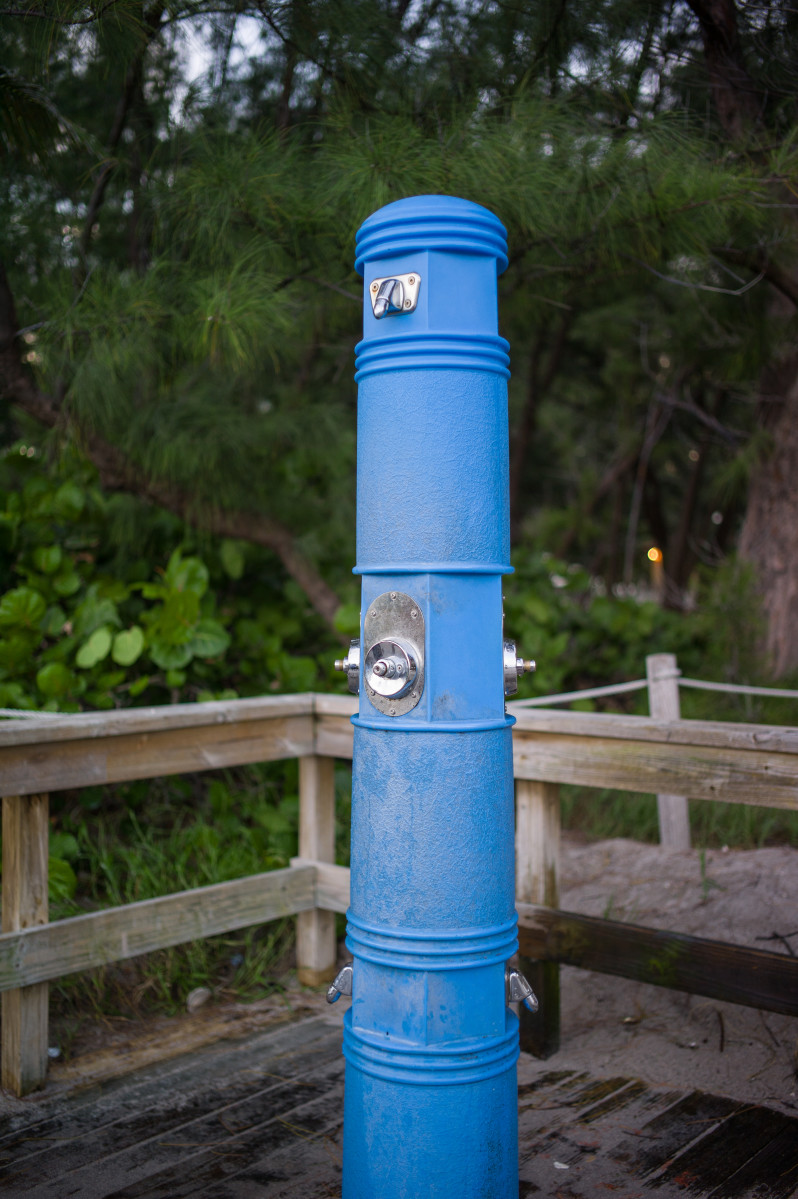
Leica M9 with Leica 35mm f/1.4 Summilux
Aspherical, ISO160, 1/125 at f/1.4. In this image the lens shows some
vignetting, as I did not select it from the M9's menu and elected to have the
lens' true character be shown.
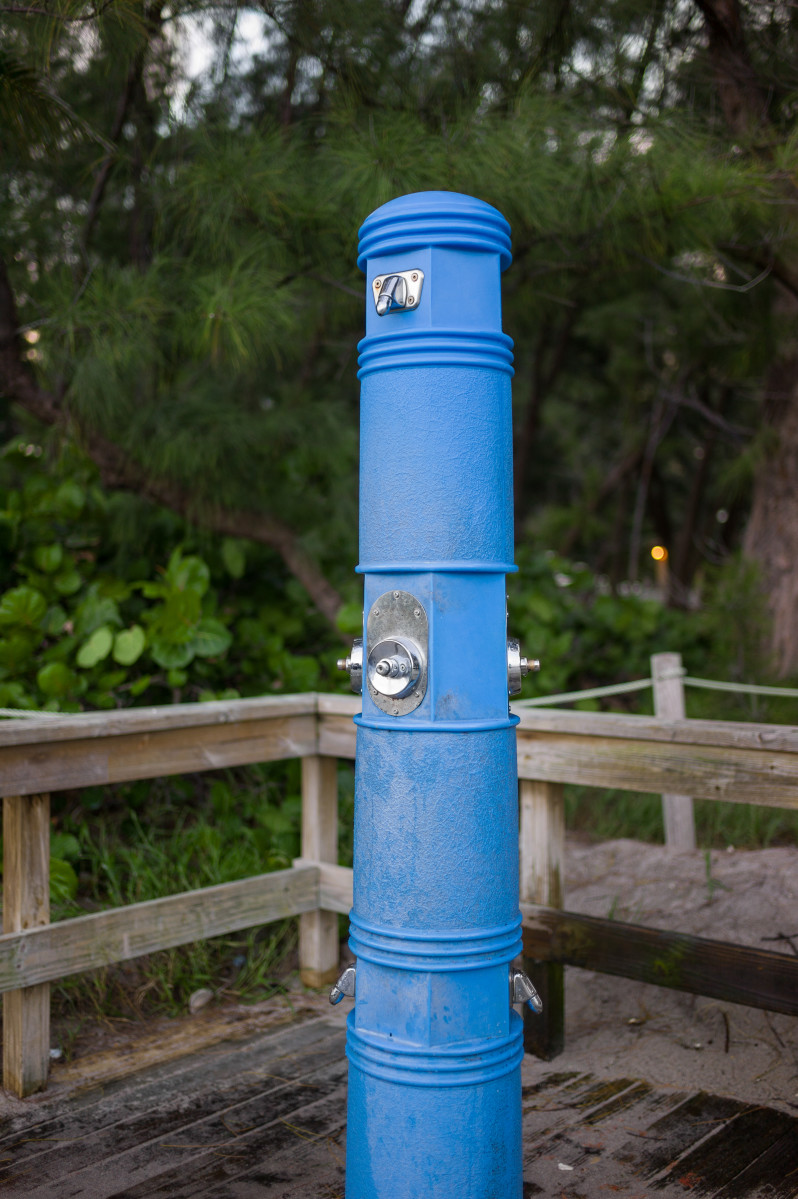
Leica M9 with Leica Summilux-M 35mm f/1.4 ASPH
FLE, ISO160, 1/125 at f/1.4. This lens was six bit coded and identified as such
in the Leica M9's menu
Conclusions? I am amazed
at how well the Leica Summilux-M 35mm f/1.4 Aspherical performs, considering
was it designed in the late 1980s, 20 years before a digital Leica M camera
would be available. It is easy for me to see why this lens is so highly prized,
especially in the pre-35mm FLE days. The Summilux-M 35mm f/1.4 ASPH FLE is a
great lens, however I doubt that we will ever see a lens as unique as the
double-aspherical, and have a feeling that its value (roughly $12,000 or so
depending on condition) will remain the same for many, many years.

Leica M9 with Leica 35mm
f/1.4 Summilux Aspherical, ISO160, 1/125 at f/1.4. This time I selected this
lens from the M9's menu so the vignetting was corrected in-camera.

Leica M9 with Leica
Summilux-M 35mm f/1.4 ASPH FLE, ISO160, 1/125 at f/1.4. This lens was six bit
coded and identified as such in the Leica M9's menu
For other articles on this blog please click on Blog Archive in the column to the right
To comment or to read comments please scroll past the ads below.
All ads present items of interest to Leica owners.
_______________________________________________________________________
For other articles on this blog please click on Blog Archive in the column to the right
To comment or to read comments please scroll past the ads below.
All ads present items of interest to Leica owners.
_______________________________________________________________________

Buy vintage Leica cameras from
America's premier Leica specialist

Buy vintage Leica cameras from
America's premier Leica specialist
Click on image to enlarge
Order: info@gmpphoto.com
Please make payment via PayPal to GMP Photography
Click on image to enlarge
Order: info@gmpphoto.com
Click on image to enlarge
Order: info@gmpphoto.com
Click on image to enlarge
Order: info@gmpphoto.com
Please make payment via PayPal to GMP Photography
Click on image to enlarge
Order: info@gmpphoto.com
Please make payment via PayPal to GMP Photography
Click on image to enlarge
Order: info@gmpphoto.com
Please make payment via PayPal to GMP Photography












No comments:
Post a Comment